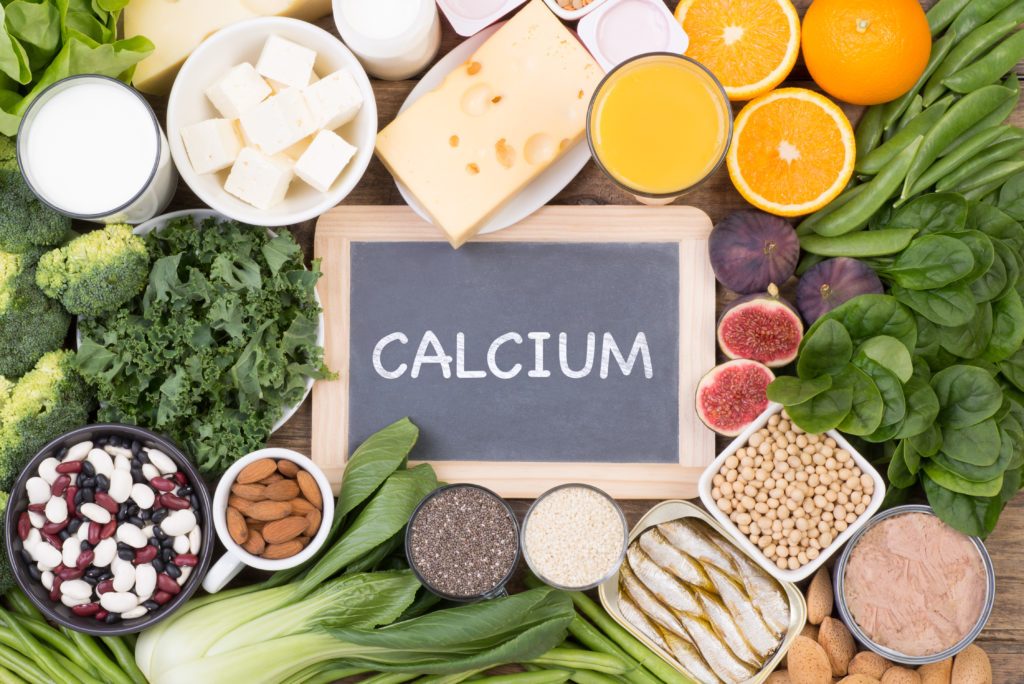Calcium is essential to keep our bones strong. This apart, the mineral is also important for nerves, heart, and muscle functions. The current recommended daily allowance (RDA) of calcium for women and men is 1,000mg to 1,300mg, depending on the age.
According to National Health Care System (NHS), this is the amount of calcium intake needed daily for various age groups.
1-3 year old kids – 350mg
4-6 year old kids – 450mg
7-10 year old kids – 550mg.
11-18 year olds – 100mg for boys and 800mg for girls.
Adults (19-64 years) – 700mg of calcium.
A healthy body and mind requires a wholesome diet, one which is rich in essential nutrients like proteins, vitamins, fats, iron, and carbohydrates, among others.
Calcium deficiency can have serious consequences, ranging from the brittle bones which may lead to osteoporosis, to memory loss and even heart failure, so it’s important to make sure one has the right quantity of calcium intake.
Calcium deficiency in the body can be noted by the following symptoms:
Poor sleep: Calcium is involved in the production of sleep hormone melatonin, and hence deficiency of the mineral leads to lack of proper sleep. Deep and normal sleep cycles are restored only when calcium intakes are proper.
Difficulty losing weight: Calcium stored in fat cells helps regulate the processing and storage of fat in the body. Fat cells contain calcium which is essential for weight loss. Ensure the calories you eat are high in calcium as it could help you shed pounds.
Confusion or memory loss: Calcium affects the functioning of the nervous system, and low calcium levels can lead to mental confusion, hallucinations and memory loss.
Weak and brittle nails: Like bones, nails need calcium to be strong, so a lack of the mineral can make nails very weak, slow-growing and subjected to breaks.
Heart failure: Calcium deficiency is linked to an abnormal heart beat, which can lead to congestive heart failure, breathing problems, fatigue and swelling in the feet and ankles.
PNN
